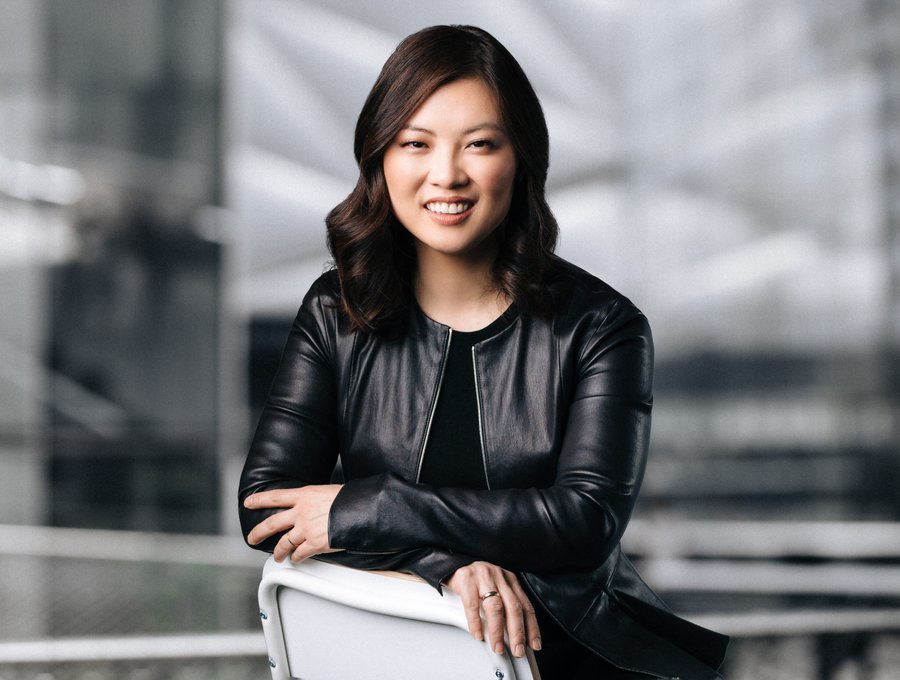In an interview with TechCrunch for their Women in AI series, Sophia Velastegui, a prominent AI leader and current National Science Foundation (NSF) AI advisory committee member, discussed her career journey and her concerns about the rapid advancement of artificial intelligence. Formerly Microsoft’s Chief AI Officer, Velastegui has worked with major tech companies, including Apple and Google, to develop AI-driven products that have transformed the industry.
An Unexpected Career Path in AI
Velastegui’s entry into AI was unplanned. Originally studying mechanical engineering at Georgia Tech, she became captivated by AI’s potential while working at Apple in 2009. “AI-infused products resonated with customers,” Velastegui shared, “especially due to the feeling of personalization.” She soon pursued AI-focused projects and expanded her skills, setting the stage for a career that would influence the trajectory of major tech companies.
Impactful Projects at Apple, Google, and Microsoft
Velastegui’s AI journey began at Apple, where she worked on breakthrough products like the MacBook Air and iPad. She later helped develop innovative technologies, including CarPlay and Apple Maps, before moving on to Google to lead silicon architecture for Nest products. Her career took another leap when she joined Microsoft in 2017 as General Manager of AI products and search, despite advice against it due to Microsoft’s then lagging AI reputation. Under her guidance, Microsoft integrated AI into platforms like LinkedIn, PowerPoint, and Bing, and explored capabilities with GPT-3 after acquiring the exclusive license from OpenAI.
Challenges and Support in a Male-Dominated Field
Reflecting on her experiences as a woman in tech, Velastegui emphasized the importance of mutual support among women and active allyship from male colleagues. “Women need to support each other,” she said, while also encouraging women to claim their place in AI by taking on new responsibilities, whether within their current roles or in communities outside of work. She highlighted that lack of diversity in AI teams often leads to “groupthink” and emphasized the need for more women to contribute their voices to AI’s foundational stages.
Velastegui’s Mission at the NSF and Addressing AI Bias
In her current role on the NSF’s AI committee, Velastegui focuses on addressing fundamental AI challenges, including the prevalent biases within AI models. She believes that the homogeneity in AI developer teams skews data representation, leading to AI systems that reflect limited perspectives. “AI is being trained on data from developers who represent a small subset of the 8 billion people in the world,” Velastegui said. She insists that for AI to be representative, women must be more involved as developers and active participants in providing feedback.
Concerns Over the Breakneck Speed of AI Development
Velastegui voiced concerns about the rapid pace of AI innovation, noting the absence of a shared ethical safety framework. While she supports innovation, she warns that without oversight, the industry may overlook safety in the race to deploy new technologies. “Nothing has ever had to keep up at the current speed of AI,” she said, pointing to the need for balanced progress that considers potential risks.
Advocating a Human-Centered Approach to Responsible AI
Velastegui champions a human-centered approach to AI development, urging companies to prioritize user well-being and create diverse AI oversight councils. These councils, she suggests, could review emerging issues and offer adaptable recommendations to reflect evolving AI needs. By incorporating ongoing feedback channels, AI systems can be fine-tuned to ensure they serve users responsibly.
As one of the influential voices in AI, Velastegui continues to advocate for inclusive, responsible AI development. Her insights highlight the need for diverse perspectives in shaping AI technology that reflects a broader, more representative view of society’s needs.


